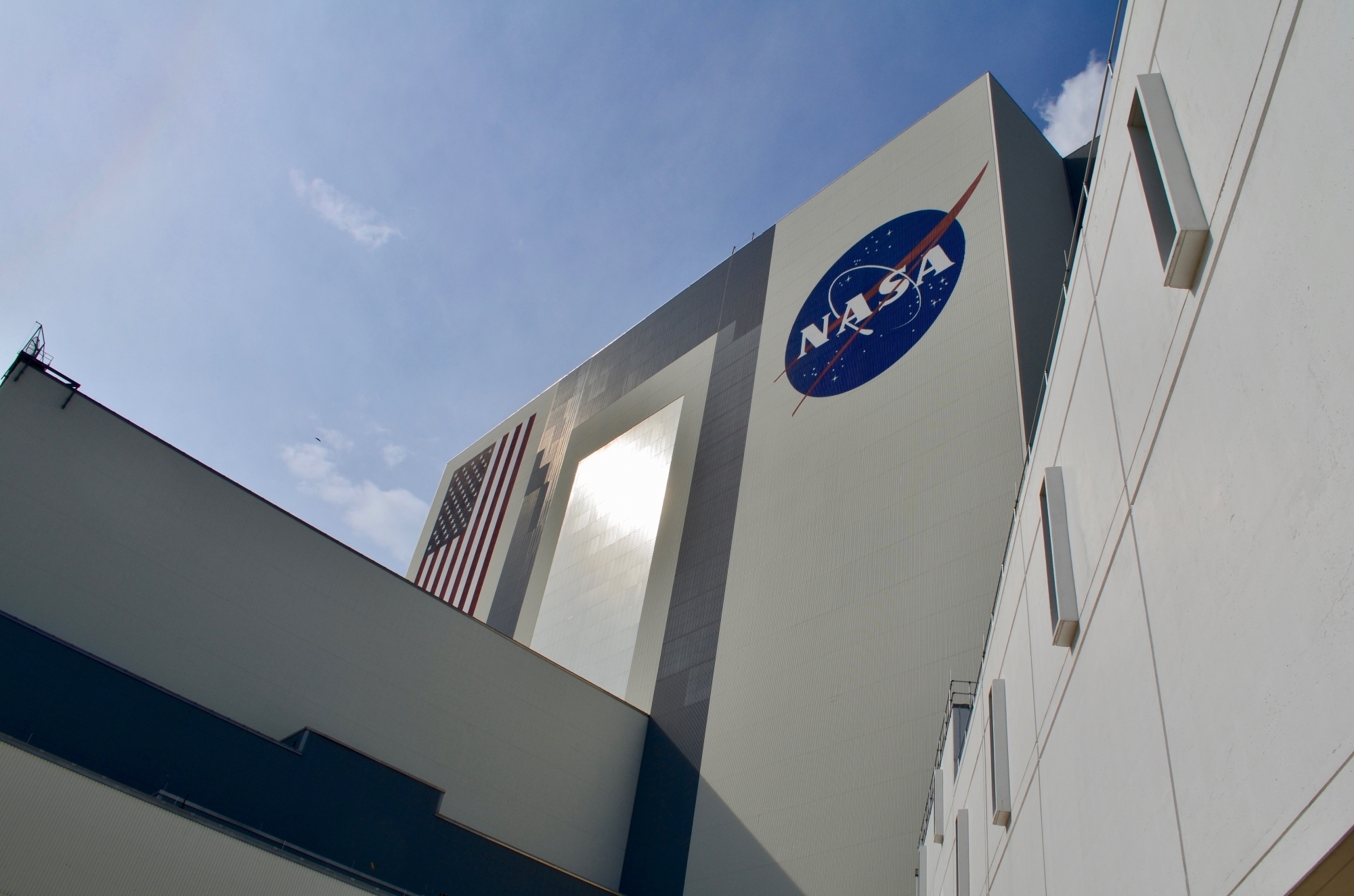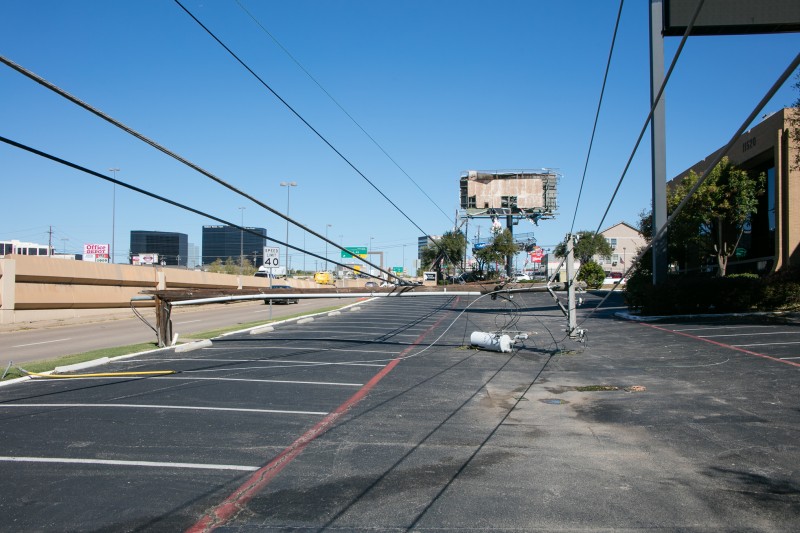Three crew members of the International Space Station (ISS) returned to Earth on Friday after spending several months in the orbiting laboratory, NASA said.

The world NASA astronauts Jessica Meir and Andrew Morgan along with Soyuz Commander Oleg Skripochka of the Russian space agency Roscosmos entered into is now very different from the one they left last year.
While crew members of the ISS are accustomed to living in isolation, this is not something they would look up to after their return to Earth.
But as fate would have it, most people in the world are now learning to maintain “social distancing” in a bid to contain the spread of COVID-19 that has infected over 2 million people globally.
The trio departed the ISS at 9.53 pm EDT Thursday and made a safe, parachute-assisted landing at 1.16 am Friday in Kazakhstan (11.16 am local time), southeast of the remote town of Dzhezkazgan.
During their first spaceflight, Morgan and Meir contributed to hundreds of experiments in biology, Earth science, human research, physical sciences and technology development.
Morgan’s nine-month mission began on July 20, 2019. His 272-day flight spanned Expeditions 60-62, encompassing a total of 4,352 Earth orbits and a journey of 115.3 million miles.
Morgan’s extended stay in space will increase knowledge about how the human body responds to longer-duration spaceflight, through the various investigations he supported, NASA said.
Meir and Skripochka, who launched on the Soyuz MS-15 spacecraft on September 25, 2019, spent 205 days in space, making 3,280 orbits of Earth during a trip of 86.9 million miles.
During her first spaceflight, Meir conducted the first three all-woman spacewalks with crewmate Christina Koch of NASA, totaling 21 hours and 44 minutes.
Among the investigations to which she contributed is a study co-led by a former colleague of hers, examining how human heart tissue functions in space.
Skripochka is completing his third spaceflight for a cumulative 536 days in orbit.
Before returning to Earth, Meir shared several tips to cope with isolation.
Speaking from the space station, she said that maintaining a healthy diet is important “because it acts as your body’s fuel”.
She also advised students to stick to a routine, “including keeping up with your daily hygiene.”
“Studies show that suiting up can increase your mood, confidence and productivity,” she added.
READ MORE:
NASA Discover Planet Similar to Earth









